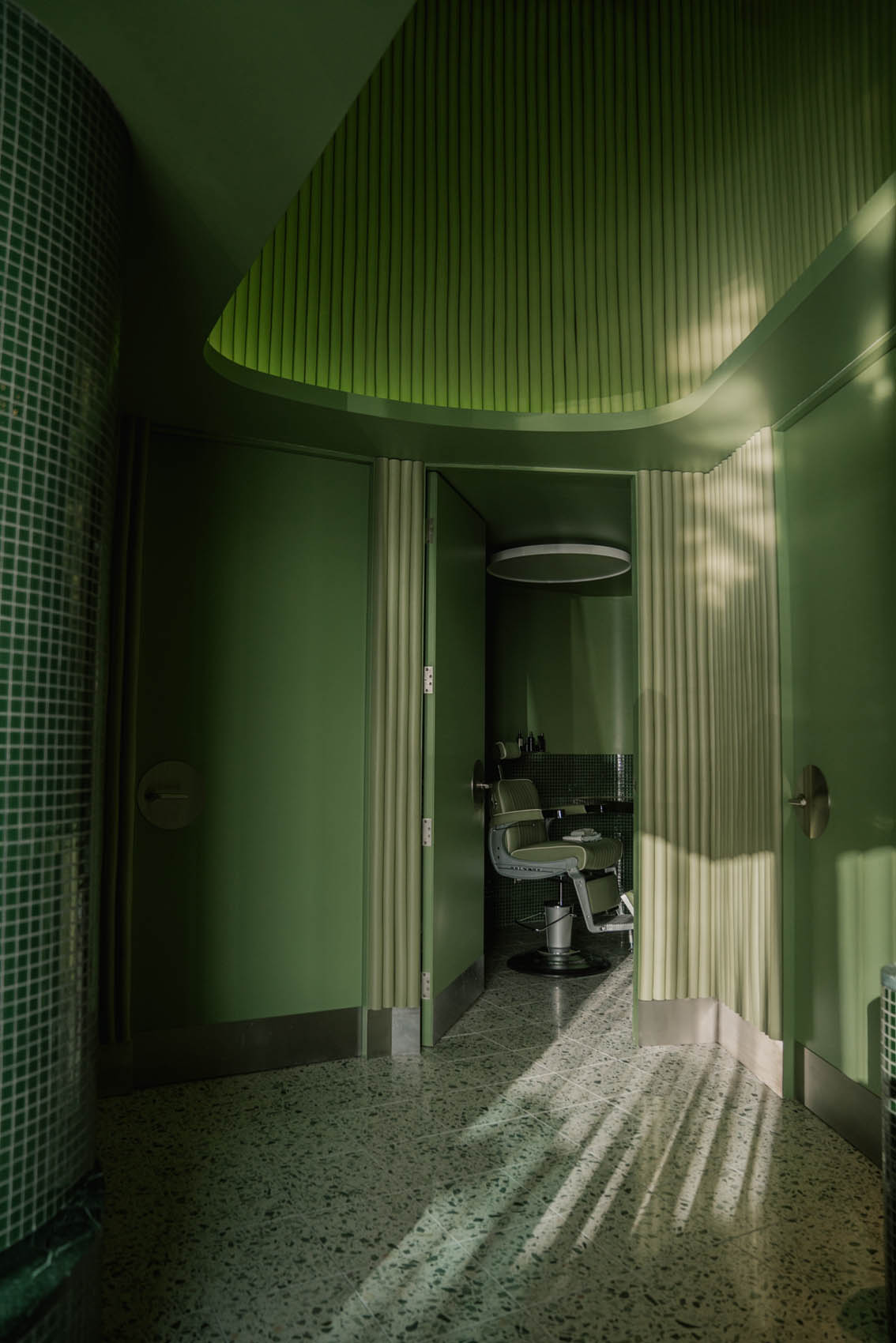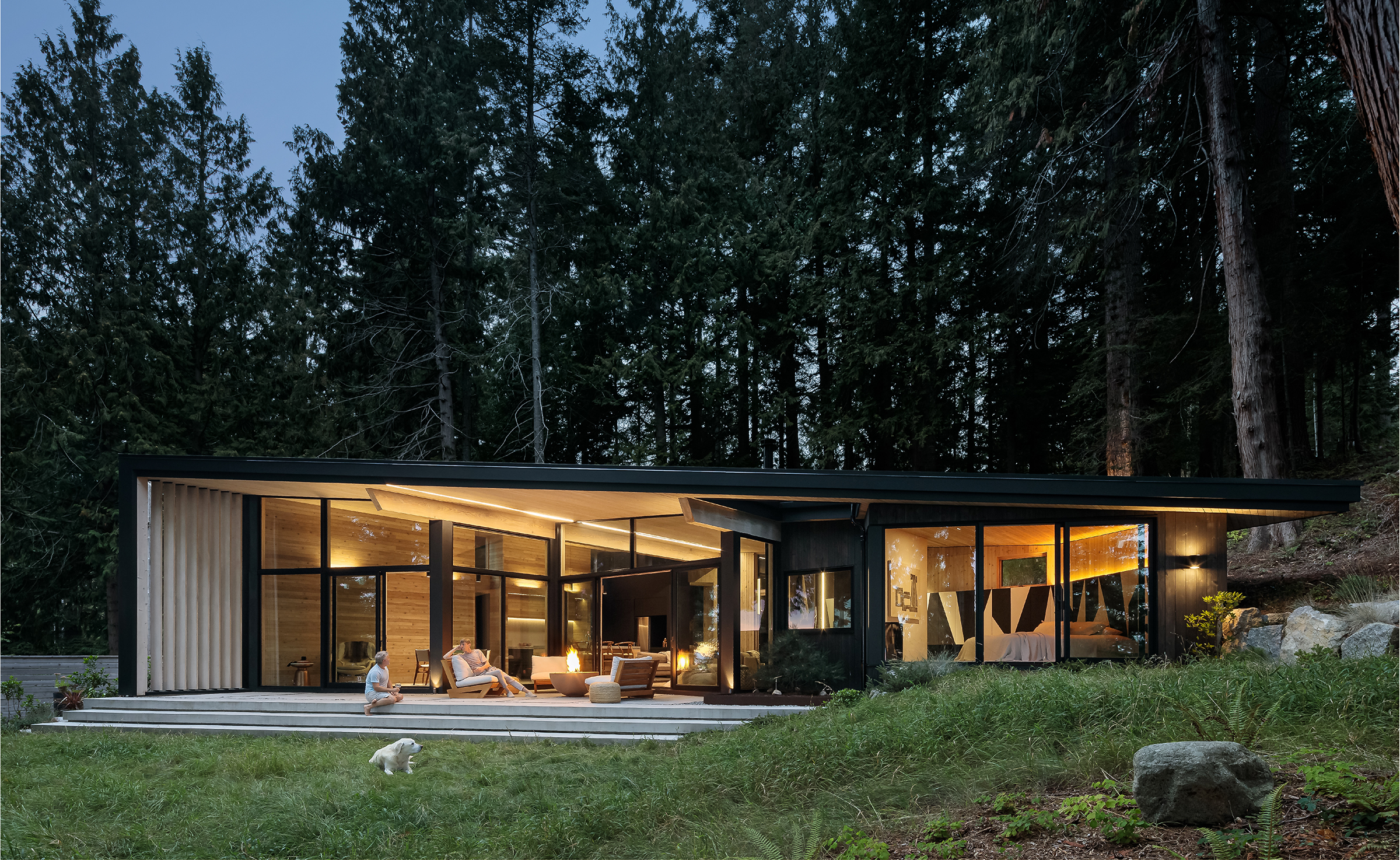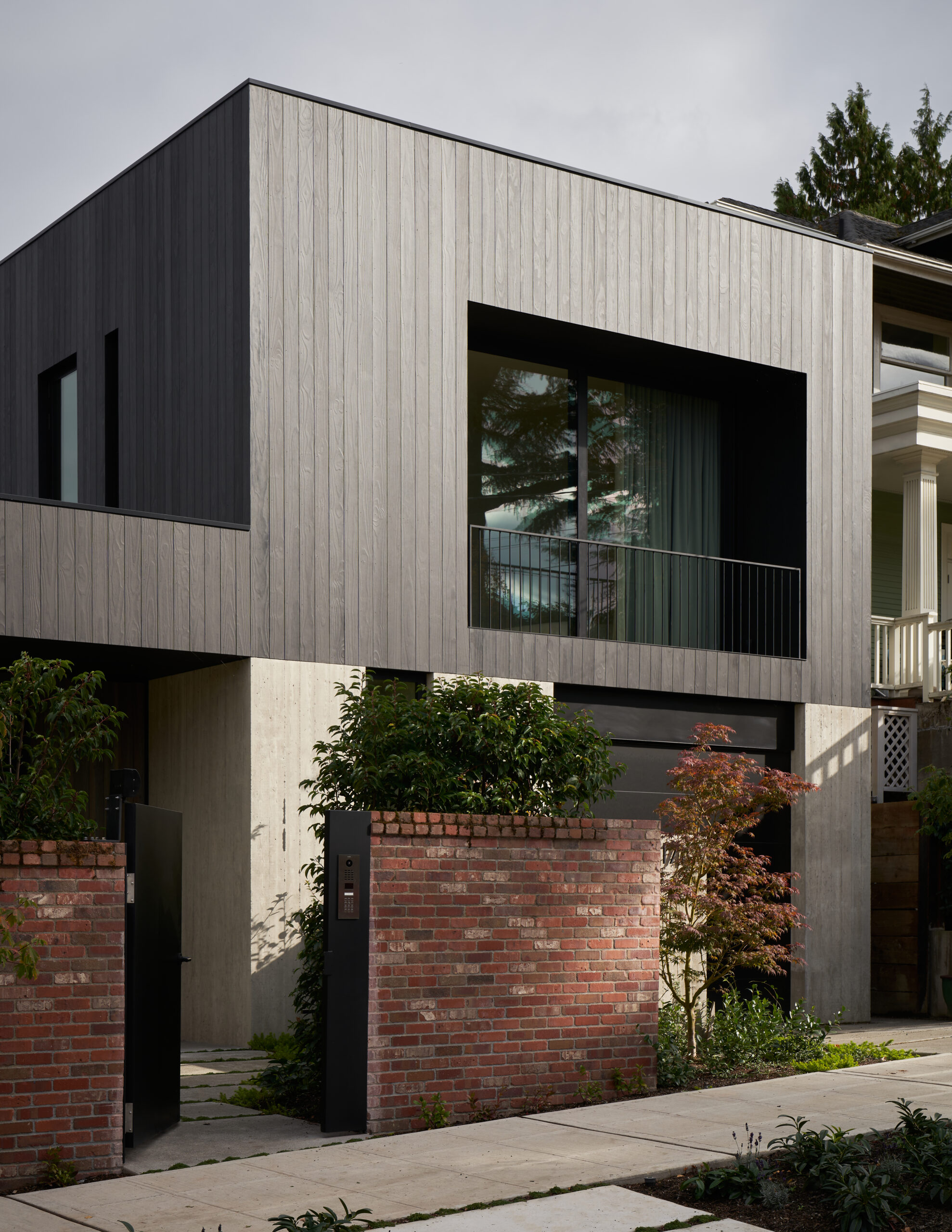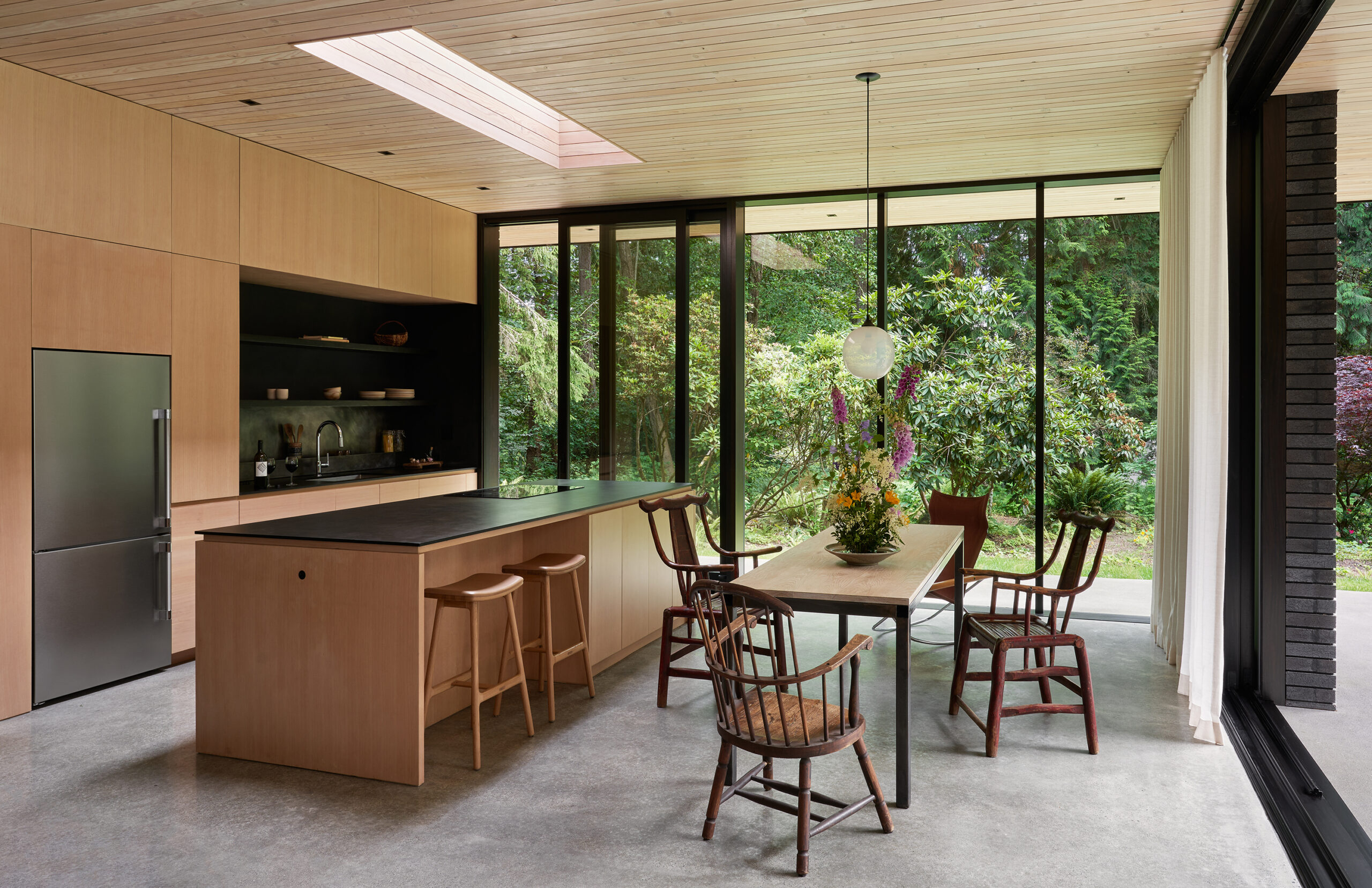-
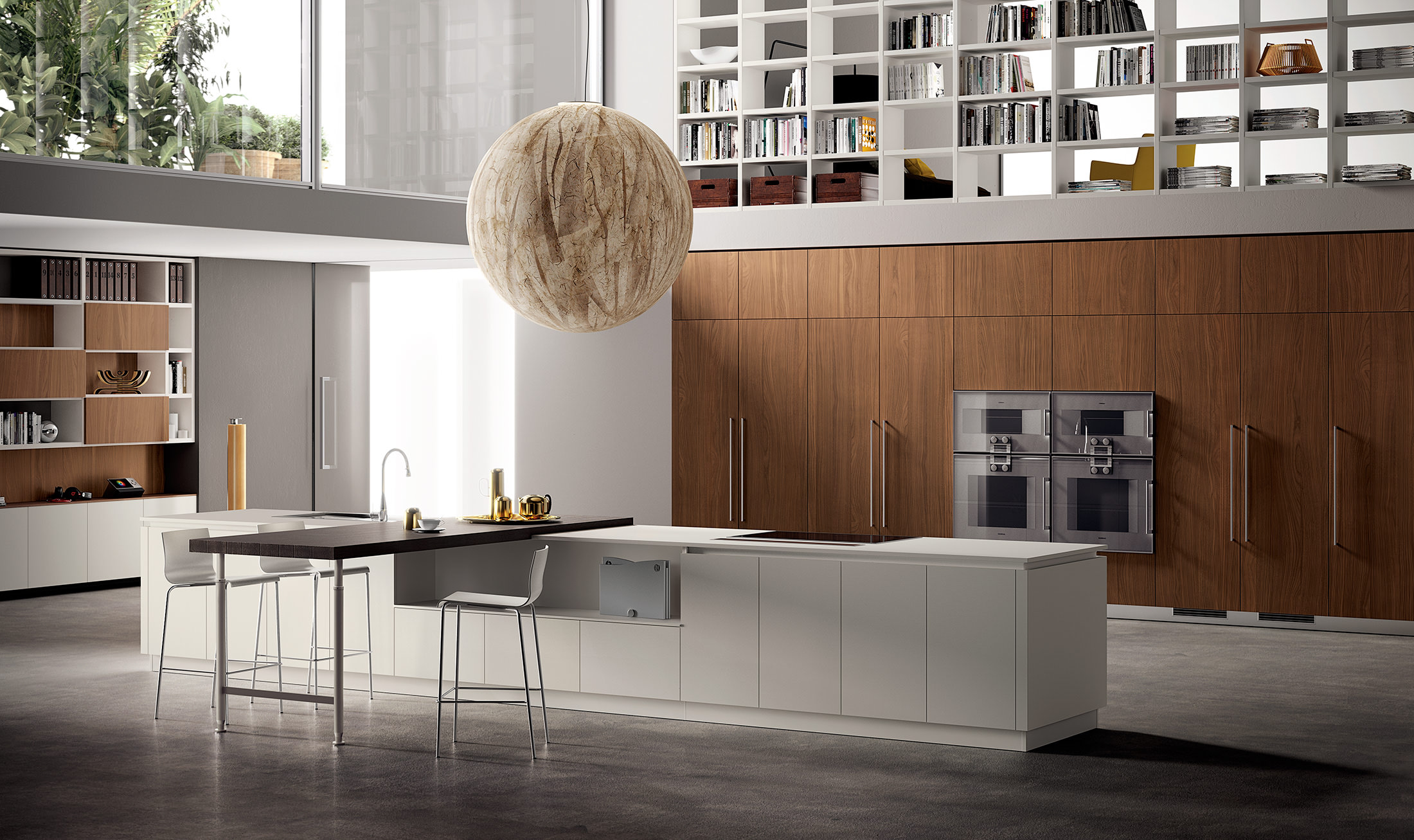
The LiberaMente contemporary kitchen is Scavolini’s best seller.
-
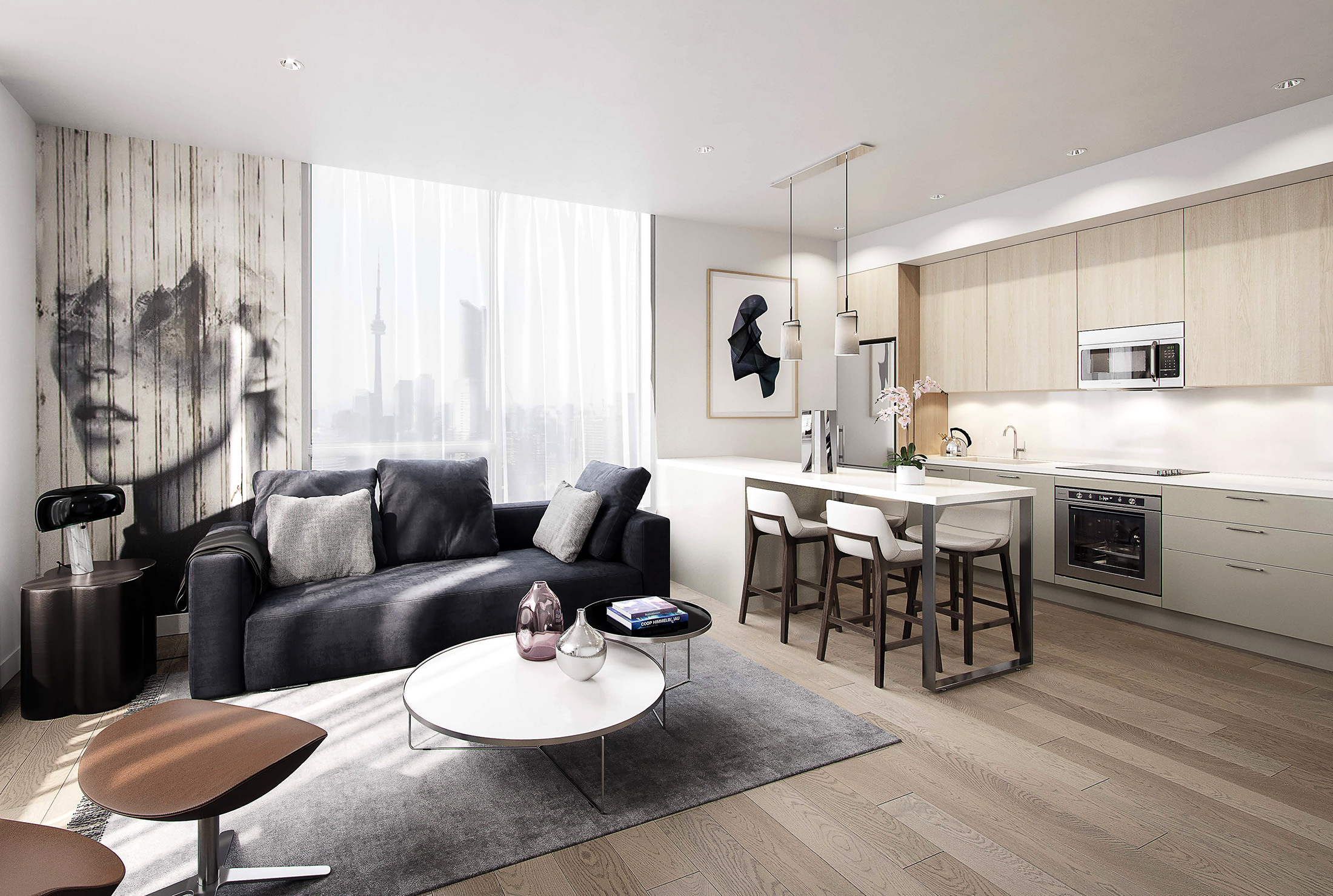
Scavolini’s Sax kitchen will premiere in Canada at Toronto’s the Selby, a Tricon House development, set for occupancy come October.
The Scavolini Kitchen
A Made In Italy ethos.
Italians do it better, whether you’re talking about fashion, food, design, cars, wine, or sex. For purposes of this story, the it stands for kitchens, and in particular Scavolini, a cabinetmaker located in Pesaro, a town located on Italy’s Adriatic coast.
Scavolini has always viewed its Italianism as a point of pride—since long before the Made in Italy ethos became part of marketing jargon. The company was founded in 1961 by Valter Scavolini, who was later joined by his brother Elvino, who remained involved until his death in 2004. Growing up, the brothers helped their parents in the familial café/bar before Valter took an interest in the work a neighbour was doing: making furniture. Over the next few years, he learned the basics of cabinetry and the “religion of hard work,” he says. But, “I knew I wanted to be my own boss. I think a person is born with the fabric of the entrepreneur,” says the septuagenarian. He took the leap with a loan of 400,000 Italian lire in 1961, roughly $665 Canadian, from his father. Valter was 19 years old.
In the beginning, Valter made mostly sideboards and buffets, “strictly wood, a rustic-traditional style,” he says, built in a shed he rented in Santa Veneranda, a farming village outside Pesaro, where his family lived. The very first Scavolini kitchen unit, the Svedese, had metal legs, geometric lines, and a laminate façade. (The original now resides in the Scavolini showroom in Pesaro.)
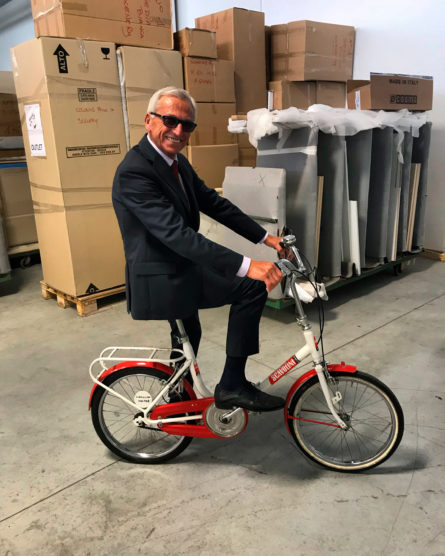
Valter Scavolini, the company’s founder, at the Scavolini headquarters in Pesaro, Italy.
In just a few short years, the small artisanal company that Valter built had transitioned to full-fledged industrial manufacturing. And in the eighties, when the concept of low-cost kitchens began to penetrate the masses, Scavolini had already earned its place as “la cucina più amata dagli italiani [the kitchen most loved by Italians].” Today, the company’s 2.8 million-square-foot headquarters in Pesaro has more than 600 employees, and Scavolini has an annual turnover of €220-million ($330-million Canadian) with a range of 65 base models in 340 finishes and thousands of variations.
“The Scavolini kitchen speaks a language that exists outside of time and fashion.”
The company has an all-round approach—this means acknowledging its customers’ tastes, varied as they may be. Not everyone wants a kitchen that feels like an art gallery. Along with its contemporary designs, Scavolini also satisfies those who are anchored to the traditional kitchen. “The Scavolini kitchen speaks a language that exists outside of time and fashion,” says Valter. To him, it is not a contradiction to find contemporary models alongside kitchens that give a nod to the past. Valter, who still goes to work every day, says the Scavolini formula is “as effective as it is simple: always look ahead without ever forgetting where you came from.”
Scavolini kitchens are designed to convey the Italian sense of this part of the home: a space where people get together to partake in the daily ritual of cooking and enjoy this together. If a glass of red wine is spilled or a ripe tomato falls on the floor, it’s not the end of the world because these spaces, while beautiful, are made to be used by real people.
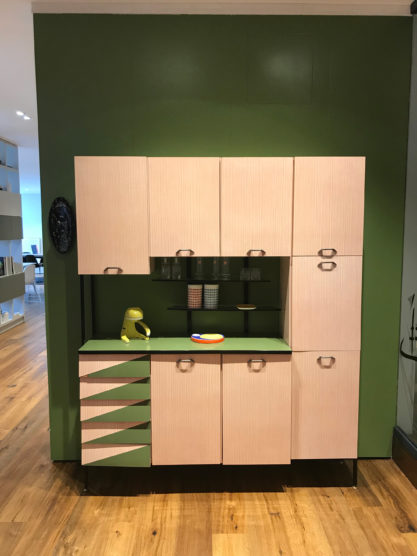
The very first Scavolini kitchen unit, the Svedese, resides in the Scavolini showroom in Pesaro.
The Italian kitchen has become a paradigm around the world, with the growing conviction that the Italian way corresponds to a standard of exemplary quality. The most popular Scavolini kitchen? The LiberaMente. The most popular colour? White, with grey being the runner-up. Lacquer continues to be the number one finish. “Colour attracts,” says Horia Gruia, president of Scavolini Toronto, located in the Castlefield Design District. When Gruia opened the showroom over 15 years ago, “Our very first kitchen we sold was a yellow kitchen,” he says. “The only yellow kitchen we have sold.” He explains that people want to be daring, but they end up going with safe. That said, “the older a person gets, the more daring they get,” he adds.
Italian kitchens are the Alfa Romeo of real estate: modular systems of an artistic sentiment that are cleverly engineered. Refrigerators, dishwashers, and ovens can be concealed behind retractable panels and pocket doors, giving the kitchen the poised atmosphere of a great room. Developers of luxury properties have taken note. The 502 apartments in the Selby, a purpose-built luxury rental tower in Toronto that’s scheduled for occupancy in October, has gotten the Italian job and will feature Scavolini kitchens. Scavolini’s Sax kitchen was personalized for and will premiere in Canada at the Selby.
Italian kitchens are the Alfa Romeo of real estate: modular systems of an artistic sentiment that are cleverly engineered.
The Selby, a Tricon Lifestyle Rentals development, is the inaugural building to bear the company’s Tricon House luxury brand label. The 130-year-old Gooderham mansion, the dwelling of Ernest Hemingway while he was writing for the Toronto Star, will be incorporated as the handsome base—housing the lobby and amenity spaces—with a 50-storey red brick and glass tower set above, containing suites of various sizes and floor plans. The project was slated to be a condo development prior to Tricon purchasing it. “We’ve inherited what the condo developer designed, and we put our own fingerprints on it,” says Gary Berman, president and CEO of Tricon Capital Group. After years of status quo in the purpose-built rental market, rental units under construction in the Greater Toronto Area have jumped, reaching levels that have not been seen in the last 30 years. “With a rental, we are selling the building every day,” says Berman, referring to the developer selecting suite amenities and finishings that, in their own right, attract a following. Scavolini kitchens exude confidence and style—traits that Tricon aims to deliver with the Selby. Says Berman, “We are delivering a product to stand the test of time.”
In his home in Pesaro, Valter has a 24-year-old Scavolini kitchen “that is like new,” he says. “In today’s globalized market, quality still pays, believe me.” Scavolini has been crafting quality for over 50 years. Quality that Tricon espouses and puts forth as part of their offering.
All photos are renderings provided by the Selby, as the project was not completed at press time.
_________
Never miss a story. Sign up for NUVO’s weekly newsletter.





